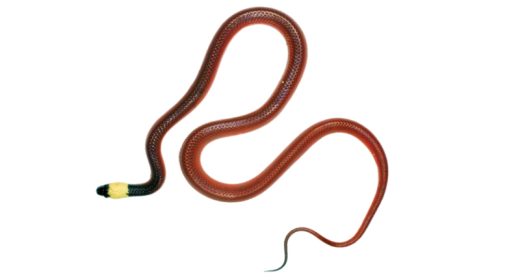
test
- AUG 04, 2017Warning: count(): Parameter must be an array or an object that implements Countable in /home/howlermag/public_html/old/wp-content/themes/new-paper/includes/general.php on line 193
Your Lead Paragrpah goes here
Patients are probably all too familiar with the substances that trigger their symptoms and have learned to fear common household dust, mold, pollen, animals or whatever throws them into a sneezing fit. Why does that pollen or dust ball attack some people and not others?
Allergies are an autoimmune disease. Symptoms occur because the body’s immune system reacts inappropriately. It incorrectly sees some harmless grass or weed as an invader and responds as though it needs to protect you against some serious bacteria or virus. As a result, the immune system releases histamine.
In an allergic reaction, the body overreacts and releases far more histamine than the amount needed for a normal response. Thus, the body makes a second mistake, as all this histamine binds with certain cells in the body to produce sneezing, runny or stuffy nose, and itchy, watery eyes.
To determine what triggers an allergy, your physician takes a thorough history to find out when symptoms occur and whether they occur in response to seasonal changes or other environmental stimuli. In addition, skin testing or newer blood tests can often pinpoint the offending agent.
The tendency to develop allergies runs in families. If one parent is allergic, there is a one in four chance that any child will be allergic as well. However, children do not necessarily inherit sensitivity to the same allergen that troubled their parents.
People with allergies to pollen often develop sensitivity to year-round irritants such as house dust or mold. Scientists theorize that this is because the tendency to overreact to certain substances in the environment is inherited. Some allergies occur seasonally because the allergen is a pollen or substance that becomes more prevalent at a certain time of the year.
If sneezing and wheezing occur when pollinating plants are dormant, the allergy is related to the causes. Some people are sensitive to dust, cosmetics, fabrics, animal dander and other substances that know no season.
Allergy sufferers usually turn to three types of medicines for symptom relief: antihistamines to block the effects of histamine, decongestants to constrict blood vessels in the nose to reduce tissue swelling, and cortisone sprays to reduce inflammation.
Piling on ingredients just lengthens the list of possible side effects. These drugs can produce excessive thirst, drowsiness, impaired coordination, dizziness, reduced reaction time, headaches, insomnia, and jitteriness.
The most important thing to remember is that you don’t have to suffer because you have allergies. There are several things you can do besides taking medication, such as showering before bedtime to rinse the pollen out of your hair so you don’t inhale it from your pillow at night. Using a Neti-pot with a mild salt solution to rinse out your nostrils twice a day will also get rid of excess pollen and other allergens.









